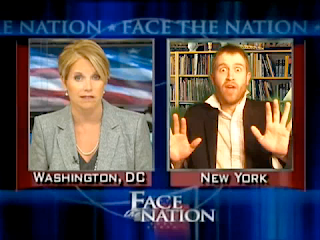-REALITY TV
A game show: is a type of radio or television program in which members of the public or celebrities, sometimes as part of a team, play a game which involves answering questions or solving problems usually for money and/or prizes. On some shows contestants compete against other players or another team while other shows involve contestants playing alone for a good outcome or a high score.
A documentary: is a broad category of moving pictures intended to document some aspect of reality. A "documentary" was originally a movie shot on film stock—the only medium available—but now includes video and digital productions that can be either direct-to-video or made for a television programme.
The news: is the communication of information on current events.
A soap opera: sometimes called "soap" for short (or even simply "operas"), is an ongoing, episodic work of dramatic fiction presented in serial format on television.
A sports programme: is the communication of information on sports.
Reality TV: is a genre of television programming that presents purportedly unscripted dramatic or humorous situations, documents actual events, and usually features ordinary people instead of professional actors in a contest or other situation where a prize is awarded
A chat show: is a television program where one person (or group of people) will discuss various topics put forth by a talk show host.








